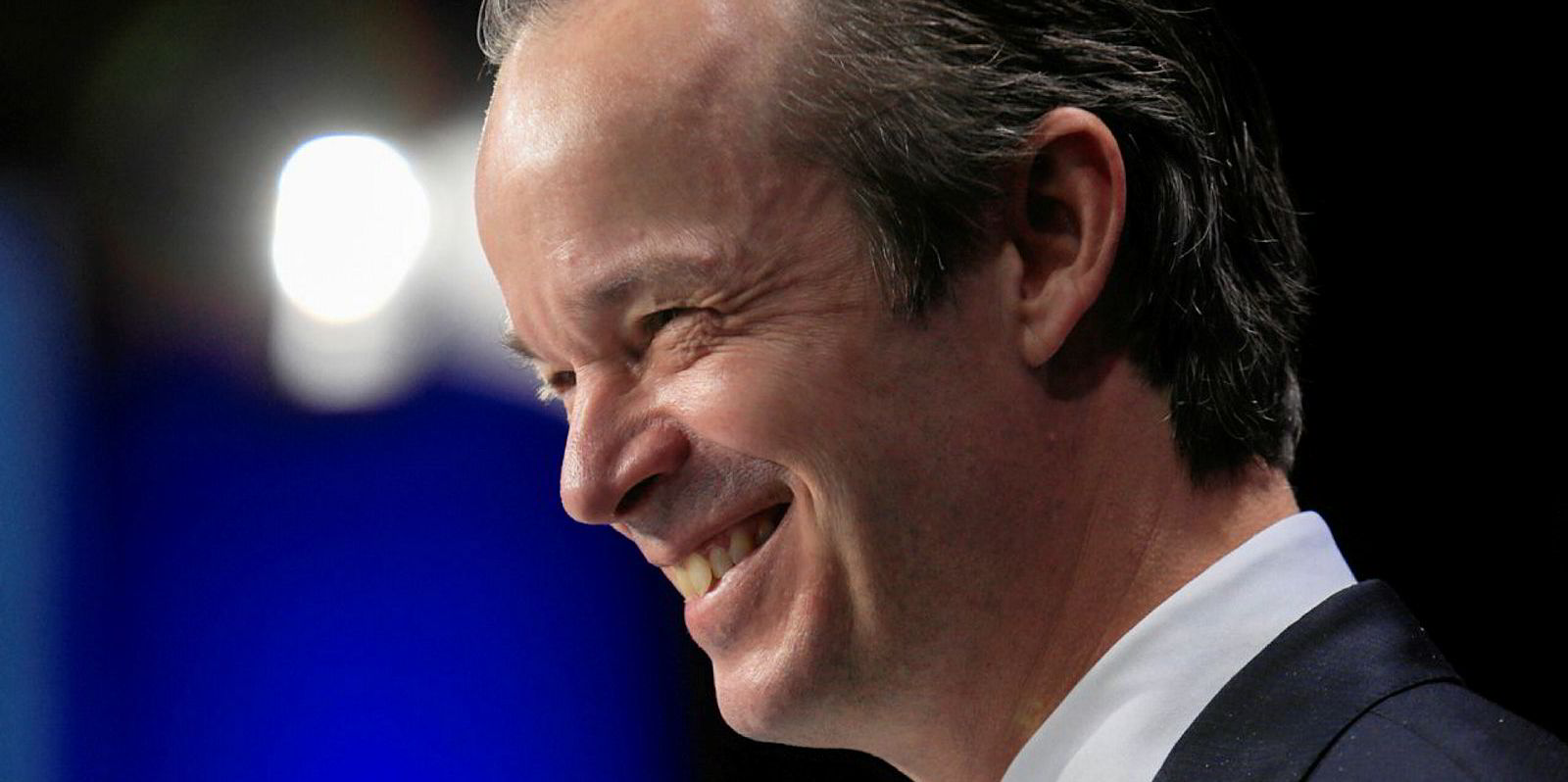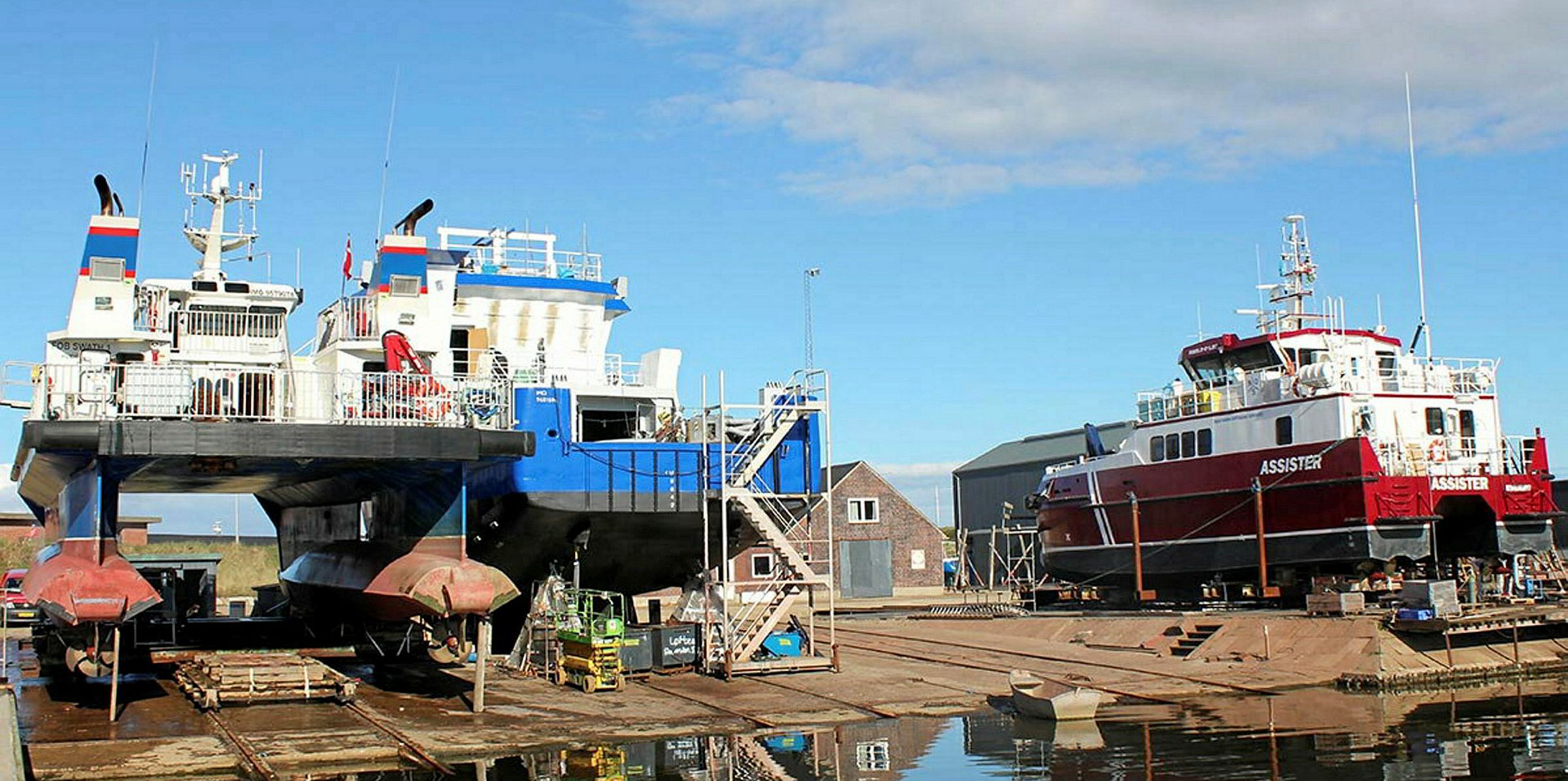Danish Shipping has welcomed new plans from the government to only phase out aid for companies gradually during the pandemic.
The Danish parliament voted in favour of the new measures on Sunday night.
Lawmakers had moved quickly in March to pay up to 75% of wages in some cases, for up to three months.
"Covid-19 has presented a number of challenges for both the shipping companies that ensure passenger traffic between Denmark and neighbouring countries, and for the shipping companies that sail around the world," said Danish Shipping, a shipowners' organisation.
"Therefore, it is positive to see that a broad political majority with an agreement last night lends a helping hand to business, including shipping companies."
The agreement allocates DKK 500m ($75.5m) to help resume exports, including for the establishment of restart teams.
'Sustained focus' needed
Danish chief executive Anne Steffensen said in a statement on Sunday: "It is clear that we would prefer to see all borders fully open as of today, but when that may not be the case, I am pleased to see that tonight's agreement phases out the aid packages gradually, so that we keep our hands on the ferry and passenger shipping companies."
But Danish Shipping said that as borders open and aid packages are phased out, a "sustained focus on the conditions of the export industries is needed".
"When you as a shipping company live by shipping goods between the continents, it goes without saying that it is serious when societies across the globe close down simultaneously," Steffensen said.
"A focused effort is needed to restart exports so we can get the trade going again. That is why I am pleased that tonight's agreement puts the focus on business exports and funds to strengthen efforts."
Bosses gloomy
Last month, Danish Shipping asked chief executives to sum up their prospects for 2020 and 62% said their revenue would fall.
This compares to just 8% in 2019, which was a record year for Danish shipping, with total exports of just over DKK 207bn.
A total of 55% expect a negative development in freight rates.
Danish Shipping chairman Jacob Meldgaard said: "A crucial point is that the overall size of the world fleet fits the demand today more than it did in 2009.
"Back then, there were simply too many ships and at the same time there were orders from the shipyards on what corresponded to half the world fleet. Capacity fits much better today, which is why there is reason to believe that it will turn faster."





